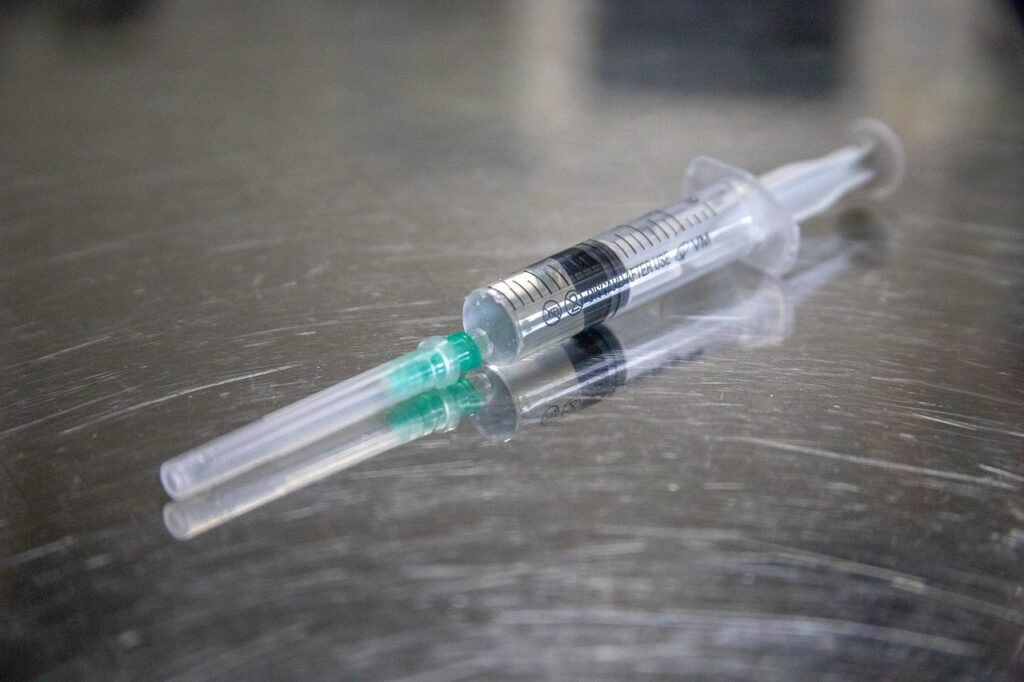
Preventive care. Image by Mirko Sajkov from Pixabay
As a senior citizen, embracing preventive care for seniors is a crucial step towards maintaining your health and well-being. Preventive care involves taking proactive measures to detect and prevent potential health issues before they become more serious. By prioritizing preventive care, you can not only improve your quality of life but also increase your chances of enjoying a healthier and more active aging process.
Regular Check-Ups
Regular check-ups and screenings are essential components of preventive care for seniors. Schedule routine visits with your healthcare provider to monitor your overall health, discuss any concerns, and address potential risks or symptoms. These check-ups often include measurements such as blood pressure, cholesterol levels, and screenings for conditions like diabetes and certain cancers.
Vaccinations for Preventive Care for Seniors
Vaccinations are another vital aspect of preventive care. Stay up-to-date with recommended vaccinations, such as the flu vaccine, pneumonia vaccine, shingles vaccine, and others as advised by your healthcare provider. Vaccinations can help protect you from various diseases and prevent their potential complications.
Screenings and tests specific to your age and gender are also important for early detection of certain conditions. Examples include mammograms for breast cancer, colonoscopies for colorectal cancer, bone density scans for osteoporosis, and regular eye and hearing exams. These screenings can help identify potential issues in their early stages when treatment or management options may be more effective.
Healthy Lifestyle
Maintaining a healthy lifestyle is an integral part of preventive care. Engage in regular physical activity suitable for your fitness level and abilities. Follow a balanced diet that includes a variety of nutritious foods, such as fruits, vegetables, whole grains, lean proteins, and healthy fats. Avoid or limit the consumption of tobacco products, alcohol, and processed foods. Prioritizing healthy habits can significantly reduce the risk of chronic conditions and promote overall well-being.
Mental and Emotional Well-Being Preventive Care for Seniors
In addition to physical health, preventive care encompasses mental and emotional well-being. Take steps to manage stress effectively through techniques like relaxation exercises, meditation, or engaging in activities you enjoy. Seek social connections and stay connected with friends, family, or support groups to combat feelings of isolation and promote mental well-being.
Finally, stay informed and educated about your health. Stay up-to-date with the latest medical research, health guidelines, and recommendations for your age group. Take an active role in your healthcare by asking questions, voicing concerns, and understanding the implications of different treatment options.
By embracing preventive care, you are investing in your future health and well-being. Proactively addressing potential health issues can significantly improve your quality of life, allowing you to enjoy your senior years to the fullest. Take charge of your health, engage in preventive care, and prioritize your well-being as a senior citizen.